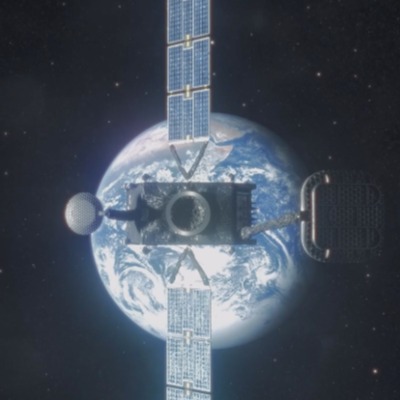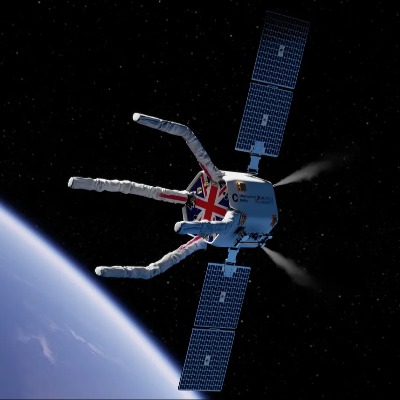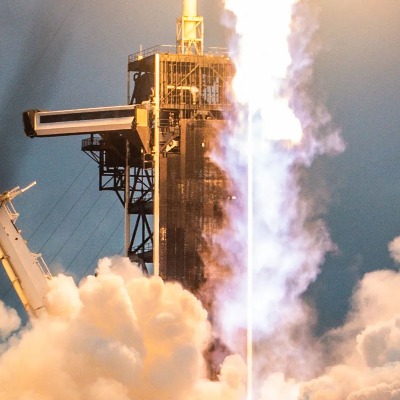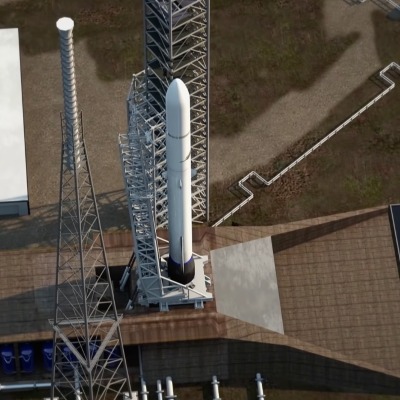Ireland to Launch First-Ever Satellite This Month
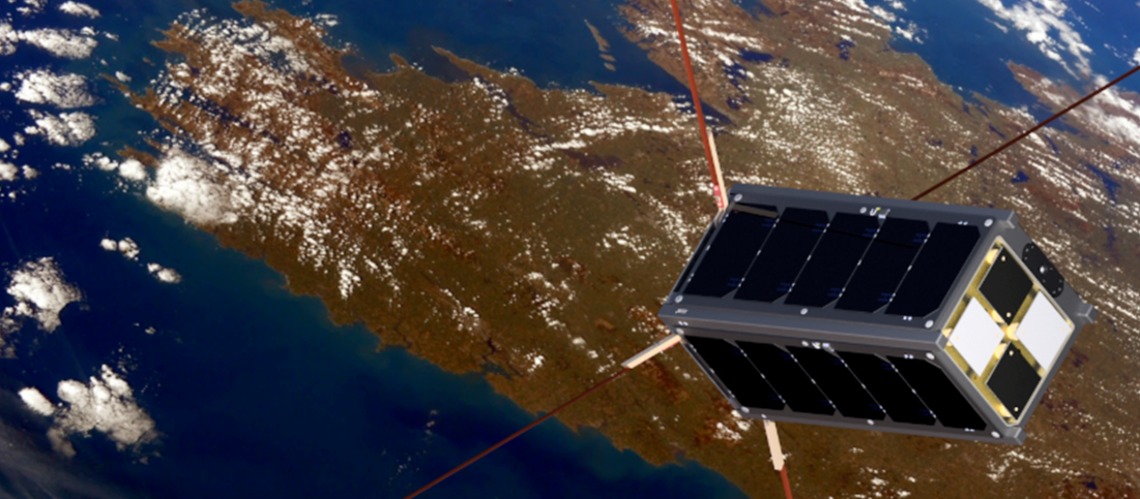
Ireland is set to make history this month with the launch of its first-ever satellite, EIRSAT-1. The Educational Irish Research Satellite 1 is a small, cube-shaped satellite that was developed by students at University College Dublin.
EIRSAT-1 is scheduled to launch on a SpaceX Falcon 9 rocket from Vandenberg Space Force Base in California on November 29, 2023. The satellite will be carrying three scientific payloads: a gamma-ray detector, a low-power radio transmitter, and a deployable solar sail.
The gamma-ray detector will be used to study the Universe's most energetic phenomena, such as supernovae and black holes. The low-power radio transmitter will be used to test new technologies for communicating with satellites. The deployable solar sail will be used to demonstrate a new method for propelling satellites without the use of fuel.
EIRSAT-1 is a major milestone for Ireland's space program. The satellite is expected to provide valuable scientific data and help to develop new technologies for space exploration.
The Launch
The launch of EIRSAT-1 will be a complex and challenging operation. The Falcon 9 rocket is a powerful machine that is capable of lifting heavy payloads into orbit. However, launching a satellite into space is a precise and delicate process. The rocket must be launched at exactly the right time and in the right direction, or the satellite will not reach orbit.
The launch team at Vandenberg Space Force Base will be carefully monitoring the launch of EIRSAT-1. They will be using a variety of sensors and tracking equipment to ensure that the rocket is performing as expected.
The Mission
Once in orbit, EIRSAT-1 will begin its mission of scientific discovery. The satellite's three scientific payloads will be collecting data on a variety of phenomena.
The gamma-ray detector will be looking for the high-energy radiation that is emitted by some of the most powerful objects in the Universe. The low-power radio transmitter will be testing new ways of communicating with satellites, which could lead to more efficient and reliable communication systems. The deployable solar sail will be demonstrating a new method of propulsion that could be used to travel to distant destinations in space without the need for fuel.
The data collected by EIRSAT-1 will be used by scientists around the world to study the Universe and develop new technologies. The satellite is expected to make a significant contribution to our understanding of the cosmos.
The Future of Irish Space Exploration
The launch of EIRSAT-1 is a major step forward for Ireland's space program. The satellite is a testament to the ingenuity and talent of Irish scientists and engineers.
The success of EIRSAT-1 is likely to inspire further investment in Irish space exploration. The country is already planning to develop a follow-up satellite, EIRSAT-2, which is expected to launch in the next few years.
Ireland is also a member of the European Space Agency, which is working on a number of ambitious space projects, including the development of a new space station and a mission to Mars.
The launch of EIRSAT-1 is a reminder that anything is possible with hard work and dedication. It is an exciting time for Irish space exploration, and the future looks bright.

